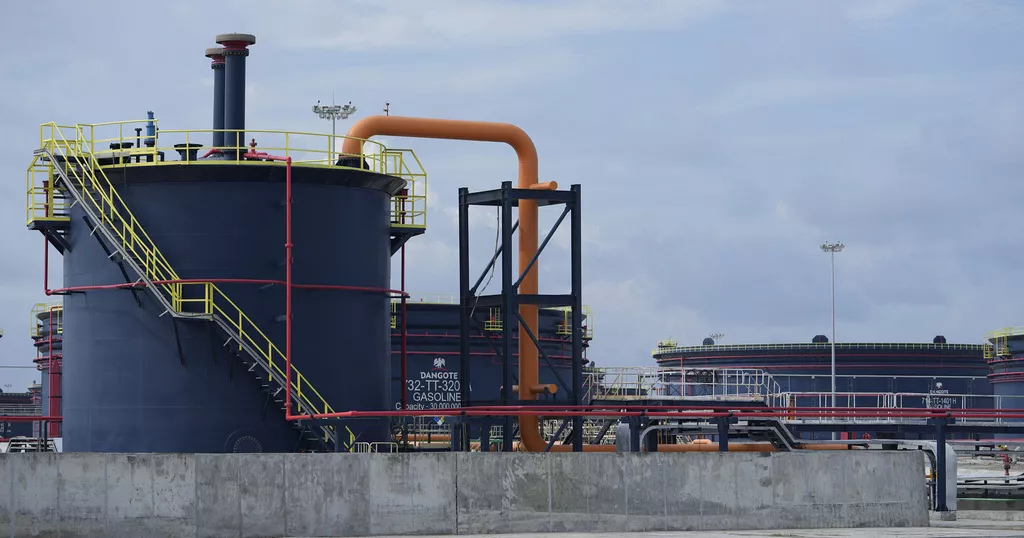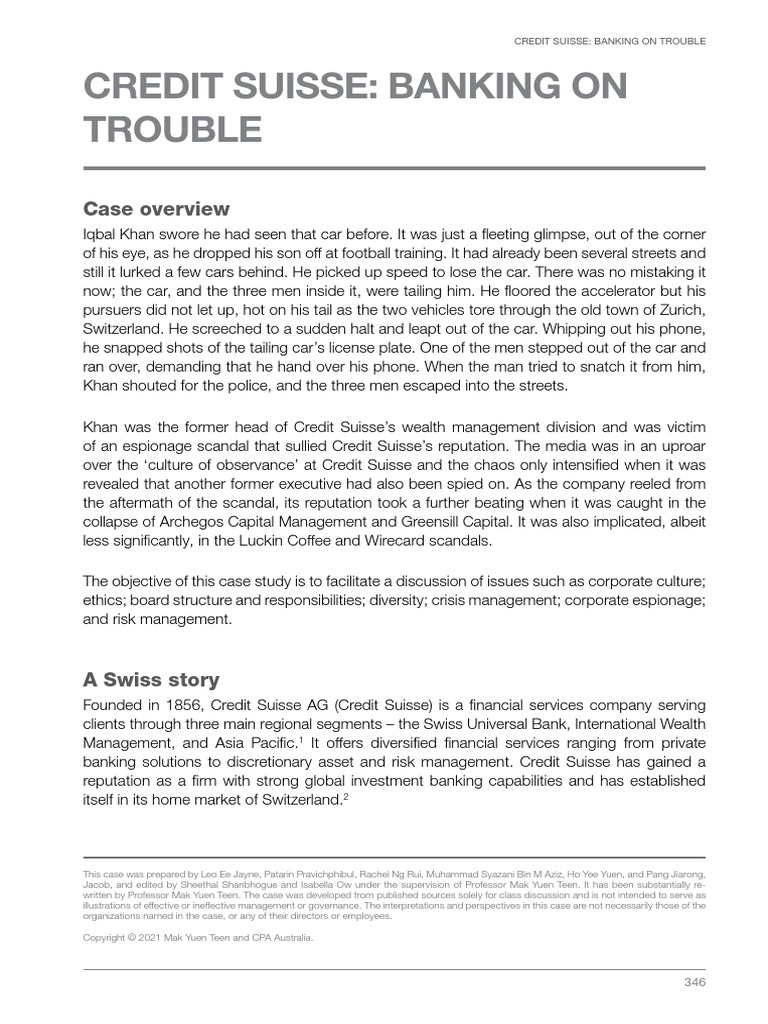Dangote Refinery's Potential To Reshape Nigeria's Petrol Market

Table of Contents
Increased Domestic Fuel Supply and Reduced Reliance on Imports
The Dangote refinery, with its projected refining capacity of 650,000 barrels of crude oil per day, represents a significant leap towards self-sufficiency in petroleum products. This colossal undertaking aims to drastically reduce Nigeria's reliance on imported fuel. The projected impact is transformative:
- Projected daily refining capacity: 650,000 barrels of crude oil per day, capable of meeting a significant portion of Nigeria's domestic demand.
- Expected reduction in fuel imports: A substantial decrease in the volume of petroleum products imported, freeing up valuable foreign exchange reserves.
- Positive impact on the national economy: Reduced import bills will lead to improved balance of payments and strengthen the Naira.
- Potential job creation in the downstream sector: The refinery's operation will create numerous direct and indirect employment opportunities throughout the supply chain, boosting local employment. This includes jobs in refining, logistics, distribution, and retail.
Price Stabilization and Affordability
Increased local production, driven by the Dangote refinery, is expected to exert downward pressure on petrol prices. While the final price will be influenced by market forces, including competition and government regulation, the potential for more affordable fuel is significant.
- Potential for lower petrol prices: Increased competition among fuel retailers could lead to a more competitive pricing environment, benefiting consumers.
- Impact on inflation and consumer spending: Lower petrol prices could have a positive impact on inflation, freeing up disposable income for consumers and stimulating economic activity.
- Potential for price wars among fuel retailers: Increased supply could trigger price wars, leading to even lower prices for consumers in the short term.
- Government's role in price regulation: The government will play a crucial role in ensuring fair pricing and preventing exploitation through effective regulatory frameworks.
Job Creation and Economic Growth
The Dangote refinery is poised to be a major engine of job creation and economic growth in Nigeria. Its impact extends beyond direct employment within the refinery itself.
- Direct and indirect job creation opportunities: Thousands of jobs will be created during construction, operation, and maintenance of the refinery, as well as in supporting industries.
- Economic multiplier effect of the refinery: The refinery's economic impact will ripple outwards, benefiting related industries and boosting overall economic activity.
- Potential for spin-off industries: The refinery will likely stimulate the growth of supporting industries, such as logistics, transportation, and petrochemical manufacturing.
- Contribution to Nigeria's GDP: The refinery's contribution to Nigeria's Gross Domestic Product (GDP) is expected to be substantial, boosting overall economic growth.
Challenges and Potential Risks
While the potential benefits of the Dangote refinery are considerable, several challenges and risks need to be addressed to ensure its long-term success.
- Potential operational challenges: Maintaining operational efficiency and addressing any unforeseen technical issues will be critical for sustained production.
- Environmental impact assessment and mitigation strategies: Thorough environmental impact assessments and robust mitigation strategies are crucial to minimize the refinery's ecological footprint.
- Regulatory framework and compliance: Adherence to all relevant regulatory frameworks and compliance with environmental and safety standards is paramount.
- Risk management strategies: Comprehensive risk management strategies are needed to address potential operational, financial, and environmental risks.
Conclusion: Dangote Refinery: Reshaping Nigeria's Petrol Future?
The Dangote refinery holds immense potential to revolutionize Nigeria's petrol market. Its projected capacity to significantly increase domestic fuel supply, stabilize prices, create jobs, and stimulate economic growth is undeniable. However, the successful operation of the refinery hinges on effective management of operational challenges, environmental concerns, and regulatory compliance. Addressing these challenges will be crucial in realizing the full potential of this ambitious project. Learn more about how the Dangote refinery will revolutionize Nigeria's fuel supply and stay updated on its progress and its effect on the Nigerian petroleum sector. The long-term impact of the Dangote refinery on Nigeria's petrol market requires continued discussion and analysis.

Featured Posts
-
 Impact Assessment Perus Mining Ban And Its 200 Million Cost In Gold
May 10, 2025
Impact Assessment Perus Mining Ban And Its 200 Million Cost In Gold
May 10, 2025 -
 Nl Federal Election A Voters Guide To The Candidates
May 10, 2025
Nl Federal Election A Voters Guide To The Candidates
May 10, 2025 -
 Punjab Launches Technical Training Program For Transgender Individuals
May 10, 2025
Punjab Launches Technical Training Program For Transgender Individuals
May 10, 2025 -
 Palantir Stock Price Rally Prompts Analyst Forecast Revisions
May 10, 2025
Palantir Stock Price Rally Prompts Analyst Forecast Revisions
May 10, 2025 -
 150 Million Whistleblower Payout The Credit Suisse Case
May 10, 2025
150 Million Whistleblower Payout The Credit Suisse Case
May 10, 2025
